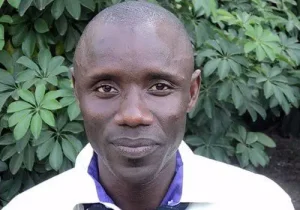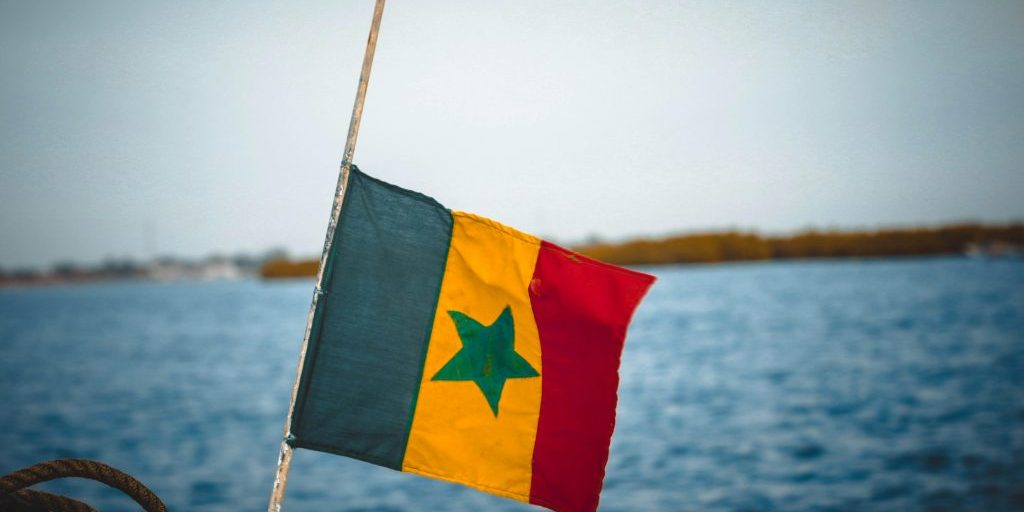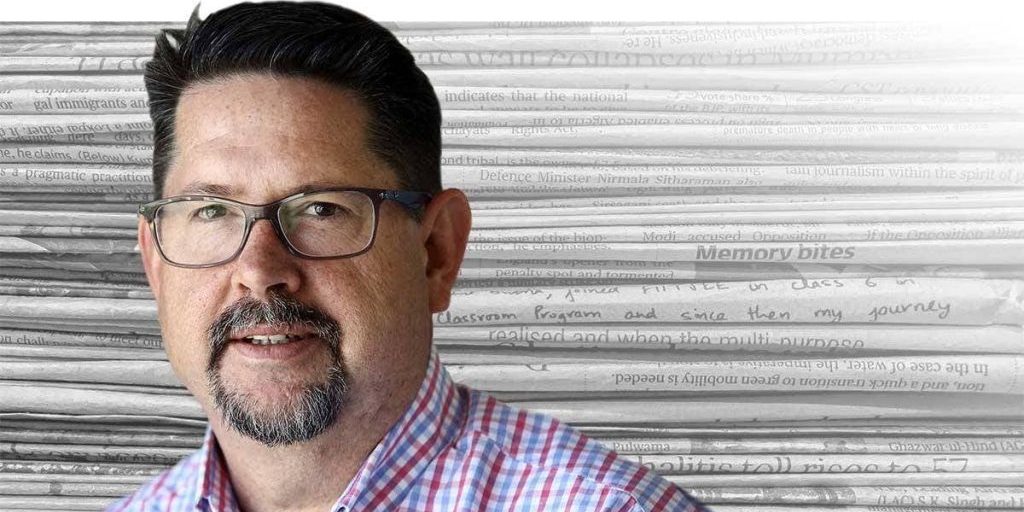Senegal: 381 media outlets to be suspended
PICTURE: Papa birame Faye/Pexels
The Senegalese government is using regulatory, financial and administrative measures to systematically clamp down on press freedom under the guise of professionalising the media.
This statement was originally published by the Media Foundation for West Africa (MFWA) on 25 April 2025.
On 22 April 2025, Senegal’s Minister of Communication, Telecommunications and Digital Media, Alioune Sall, signed a decree ordering the immediate suspension of broadcasting, publication, and content sharing by media outlets that do not comply with the country’s Press Code.
The decree follows a notice issued by the media regulator on 4 October 2024, announcing the establishment of the Senegalese Commission for the Examination and Validation of Press Enterprises. The Commission’s mandate is to regulate and professionalise the media landscape in Senegal and to ensure compliance with the Press Code.
Six months later, out of a total of 639 media outlets identified and evaluated by the Commission, 258 were declared in compliance with the Code, compared with 381 deemed non-compliant.
The suspension order is the latest in a string of measures taken by the government of President Bassirou Diomaye Faye that have disrupted the media landscape in Senegal.
Already weakened by the COVID-19 pandemic, many media outlets in Senegal have long struggled to stay financially afloat. On 18 March 2024, the then-President Macky Sall decided to relieve Senegalese media from their tax debts, estimated at over F. CFA 40-billion ($70-million). This decision was welcomed by the Senegalese media fraternity, as it enabled them to rid themselves of a burden too heavy to bear.
Although Sall had decided to absolve Senegal’s media outlets of their tax debts, no official decree had been passed to fully implement this decision before the former president handed over power.
On 2 April 2024, the new government was officially sworn in. And against all expectations, the decision to exempt the media from their tax debt was not accepted by the new government led by Faye and Prime Minister Ousmane Sonko. As part of efforts to recover the outstanding debts, the new administration froze the bank accounts of several media outlets.
Furthermore, in July 2024, the new government suspended its contracts with the media, reportedly to reduce state expenditure. This suspension aggravated the situation of a number of media outlets whose revenues depended mainly on contracts signed with the State.
In response to the mounting pressure, on 13 August 2024, Senegalese media organisations observed a press-free day to protest what they described as repressive actions by the new government. The MFWA subsequently addressed an open letter to the authorities urging them to prioritise press freedom and media sustainability.
Eight months later, the Senegalese government has taken another step to suspend about 381 media outlets deemed to be non-compliant with the press code of the country.
In less than a year, the succession of decisions taken by the Senegalese government appear to be gradually, but incrementally, forcing a number of the media outlets in the country out of business.
The situation is limiting the spaces of expression, sources of information and also creating tension between the media and the government
While compliance with the press code is essential to guarantee the quality of media outputs and professional media conduct, the MFWA calls on the authorities to consider avenues of strengthening the non-complying media outlets to be able to meet the requirements within a given period rather than suspending more than half of the media outlets in the country.
The MFWA urges the Senegalese authorities to choose dialogue and capacity strengthening over suspensions in its quest to streamline the media industry in the country. The authorities should also ensure that their actions and decisions do not end up further restricting the civic space and access to information.
- This article was first published here
ALSO IN SENEGAL
The Committee to Protect Journalists (CPJ) said on 7 May 2025 that Senegalese authorities should end the persecution of journalist René Capain Bassène, whose lifetime prison sentence was upheld by the Senegal Supreme Court in a 2 May decision.
‘It is deeply worrying that René Capain Bassène’s life sentence has been upheld despite all the flaws in the investigation that led to his imprisonment and the documented abuses he suffered behind bars,’ said Moussa Ngom, CPJ’s representative for Francophone Africa. ‘Senegalese authorities must clarify the current conditions of detention of René Capain Bassène and implement all possible means to ensure his release.’

Rene Capain Bassène (Photo:
Courtesy of the family of René
Capain Bassène)
Following the Supreme Court’s ruling, Bassène was transferred overnight on 3 May to the Senegalese capital of Dakar, where he was placed in a special ward for sick detainees at Aristide Le Dantec Hospital.
Bassène was arrested in 2018 in connection with the deaths of 14 loggers shot to death in the Bayotte Forest in the southern Casamance area of Senegal. In 2022, he was sentenced to life in prison for complicity in murder, attempted murder and criminal association.
A 2025 CPJ investigation found that the case against Bassène was severely flawed, as the journalist’s co-accused were forced to implicate him or sign inaccurate interview records. CPJ also found that the case relied on inconsistent evidence and that the journalist was mistreated behind bars.
CPJ’s calls and messages to Ousseynou Ly, spokesman for the Senegalese presidency went unanswered.
- This article was first published here




